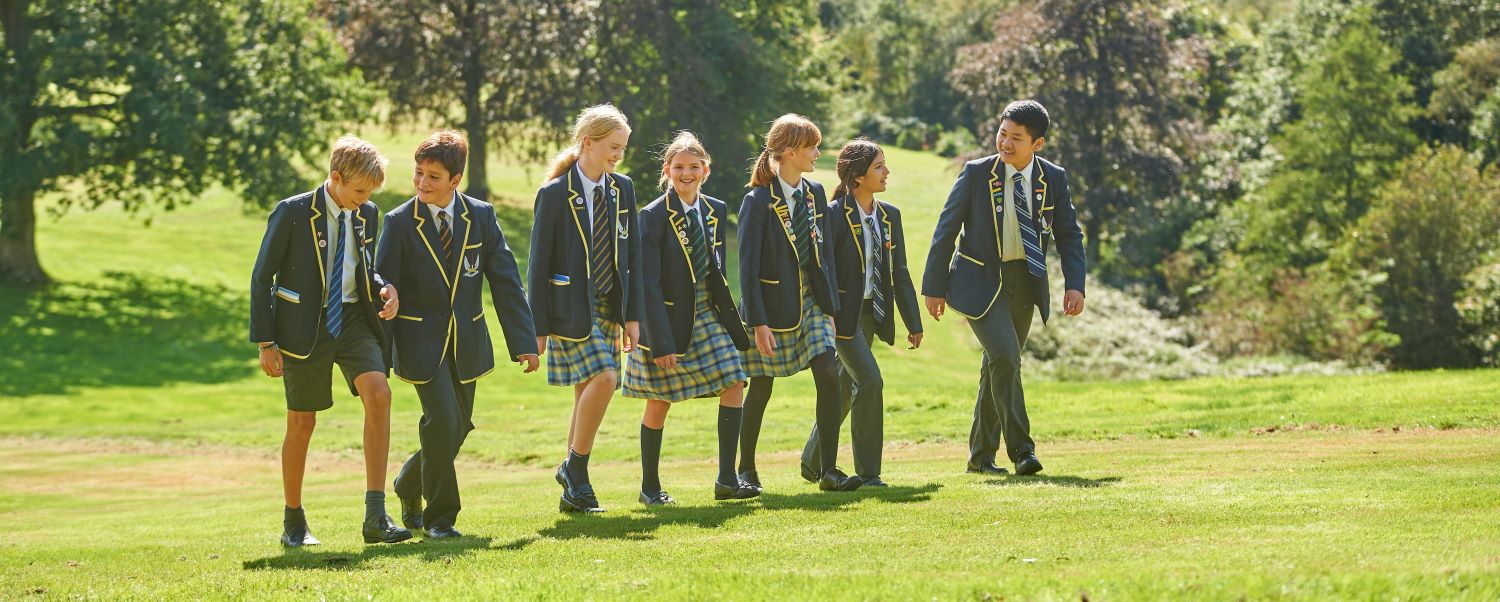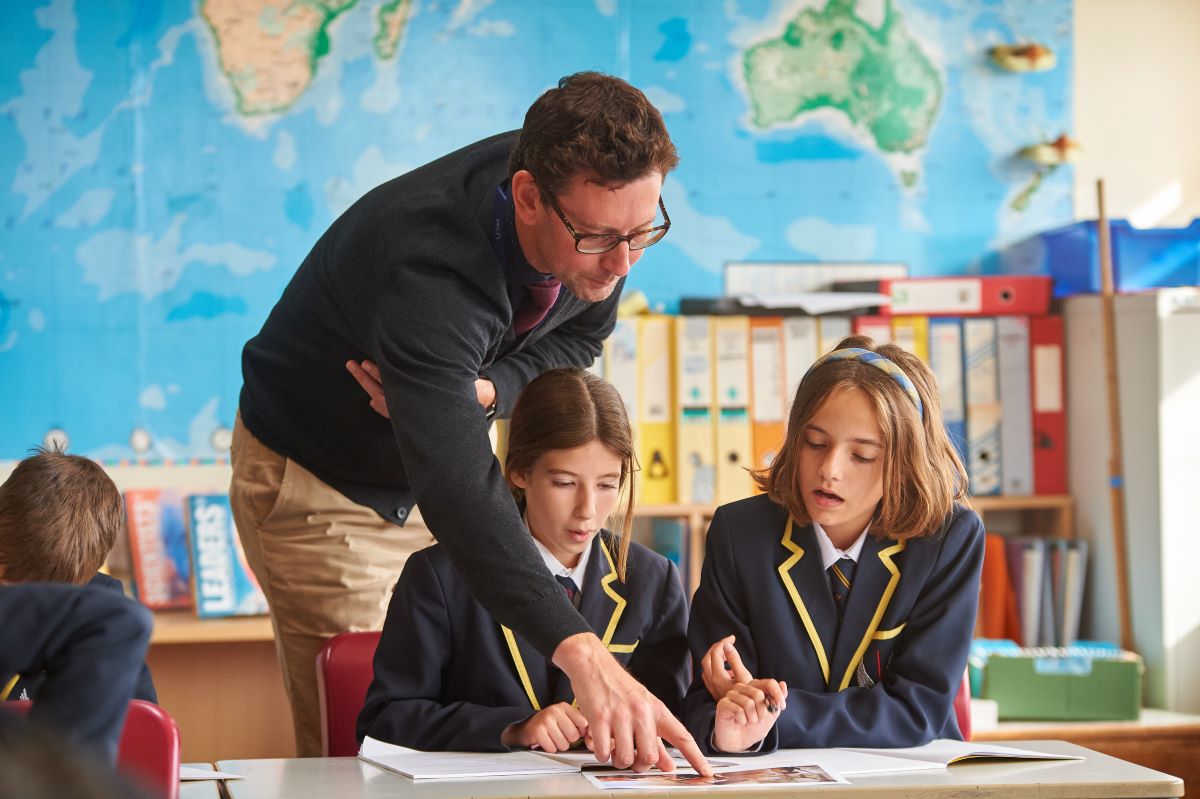Years 7 - 8
At Vinehall we offer the ideal learning environment with a bespoke programme of study for pupils in Years 7 and 8 focused on a thematic approach to learning.
When our children leave at the end of Year 8, they have discovered their interests and talents in all spheres, they are more equipped to move on to face the challenges of a Senior School environment. They are also more confident in making new friendships as they are more secure in themselves due to the responsibilities and self-assurance they have been given in the senior years at Vinehall.
We have an outstanding record of placing our children at their first choice of senior schools and each year a high percentage of our leavers achieve 13+ scholarship success, winning Academic Scholarships to schools including Eastbourne, King’s, Canterbury, Sevenoaks and Tonbridge, along with many scholarships being awarded in Sport, Drama, Music and Art.

The Common Entrance humanities syllabuses do not adequately equip pupils with the skills they need for the future, with too much emphasis placed on testing and examinations. As part of a rigorous academic curriculum that we hope will give pupils a more relevant and more stimulating learning experience, our focus will be on ensuring that pupils have the skills and dispositions that will mean they leave Vinehall as independent, engaged learners.
The themes will broadly fall into two categories, social history and natural history, with an emphasis on providing pupils with a sense of place and a sense of purpose. We want pupils’ understanding of contemporary issues to be informed by a coherent chronological narrative that will enable them to appreciate both their place in an ongoing story and the responsibilities they have when it comes to writing the next chapters.
The themes for Year 7 are:
- Conflict
- Planet Earth
- Equality and rights
Alongside the core content, each department will explore cross-curricular links to the theme. For example, for the theme of Conflict, pupils will read Thomas Hardy’s Drummer Hodge and The Man He Killed in English lessons. In maths, they will study Florence Nightingale’s Rose Diagram and examine statistics that reveal that modern states are more peaceful than tribal societies. Pupils will learn about Napoleon by listening to Beethoven’s Piano Concerto No. 5 in music and about Britain’s failed attempt to fight a war in Afghanistan nearly two centuries ago by studying Elizabeth Butler’s Remnants of an Army in art lessons.
The culmination of Years 7 and 8 will be an independent research project, providing each pupil with the opportunity to study a topic in greater depth. The pupils will present their findings at the end of Year 8 to an audience of their peers, their parents and teachers, as well as teachers from their future schools.


